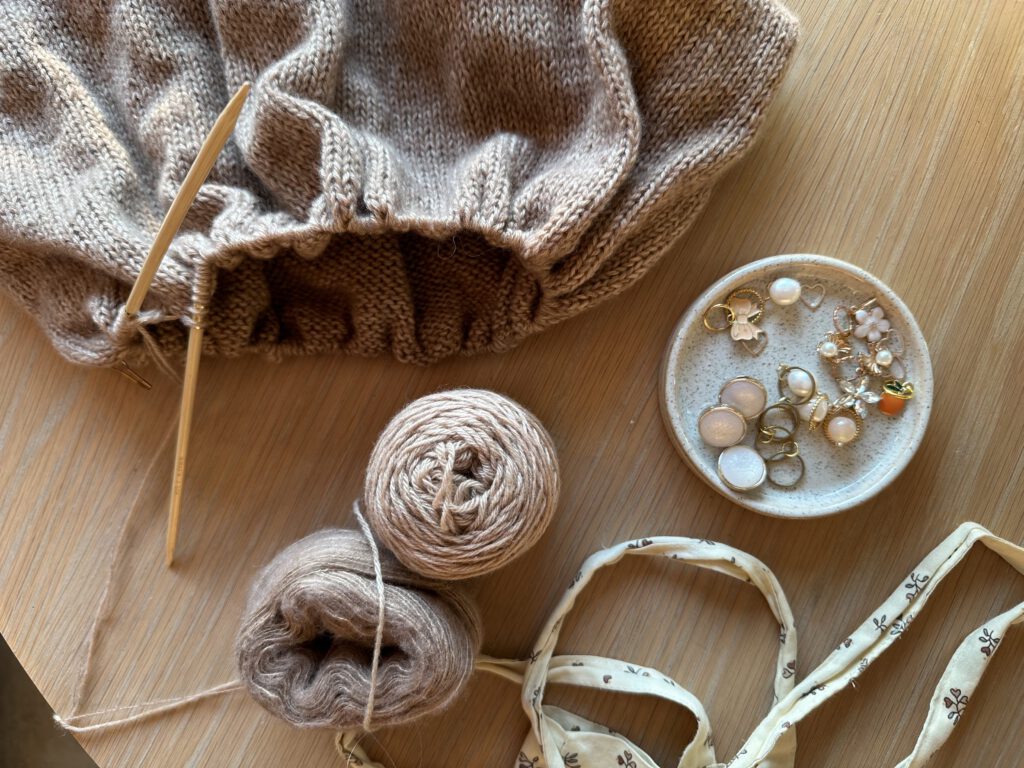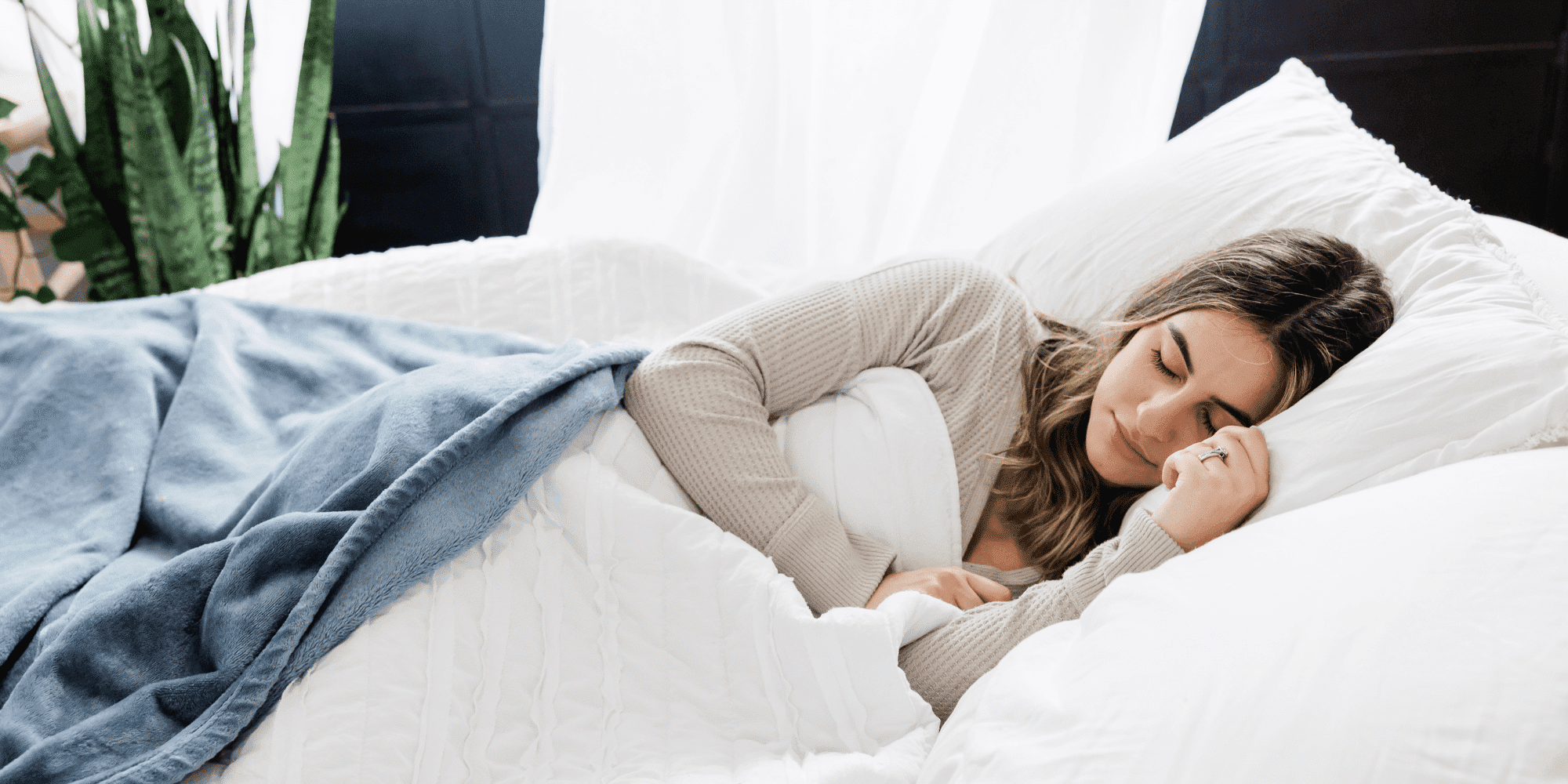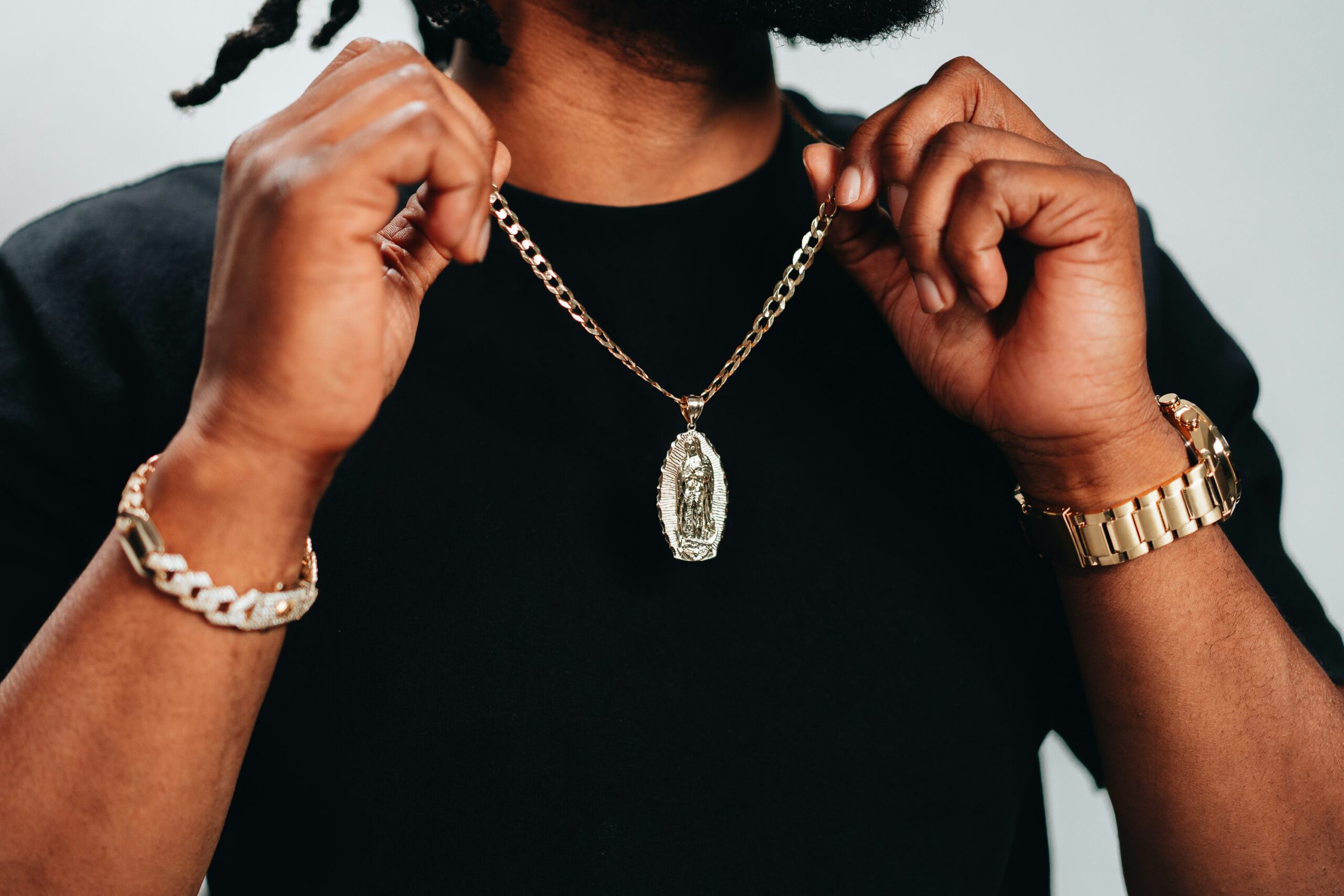Knitting is a timeless craft that combines creativity with practicality, allowing you to transform yarn into everything from cozy sweaters to intricate home decor. For both beginners and seasoned knitters, the right knitting tools are essential for a successful and enjoyable experience.
The quality and type of tools you use can significantly impact your comfort, the speed of your work, and the final look of your project.
With a wide array of needles, accessories, and yarn-related gadgets available, choosing the right equipment can feel overwhelming. This article will guide you through the key factors to consider when looking for knitting tools, ensuring you make informed choices that enhance your crafting journey.
Material of the Needles
The material of your knitting needles is a primary factor that influences how the yarn glides and feels. Needles are commonly made from wood (bamboo or birch), metal, or plastic.
Wooden needles, especially bamboo, are warm to the touch and have a slight grip that prevents stitches from slipping off easily, making them a great choice for beginners or those working with slippery yarns.
Metal needles are smooth and slick, allowing for faster knitting, which is ideal for experienced crafters. Plastic needles are lightweight and budget-friendly, offering a middle ground between the two.
Type of Needles
Knitting projects vary, and so do the needles required for them. There are several types to consider: straight needles for flat projects, circular needles for both flat knitting and in-the-round projects, double-pointed needles (DPNs) for small tubular projects, and interchangeable needles for ultimate versatility. Having a variety of needle types is key for a well-rounded set of knitting tools.
Needle Size and Gauge
The size of your needles directly corresponds to the size of your stitches and the overall gauge of your fabric. Projects will always specify a recommended needle size, but it’s important to do a gauge swatch to ensure your tension matches the pattern’s requirements.
Having a variety of needle sizes on hand is a good idea, as different yarns and projects call for different gauges. A complete set of knitting tools will include a range of needle sizes to cover various projects.
Ergonomics and Comfort
Knitting for extended periods can cause hand fatigue or discomfort, so choosing tools that are comfortable to hold is crucial.
Look for needles that feel balanced in your hand and are not too heavy. Some needles are designed with ergonomic grips to reduce strain.
If you have arthritis or hand pain, materials like bamboo or wood might be more comfortable. For those who knit quickly, smooth metal needles may be preferred to prevent friction.
Essential Accessories
Beyond the needles, a number of accessories are indispensable for any knitter. A good set of knitting tools should include stitch markers to keep track of your place, tapestry needles for weaving in yarn ends, a measuring tape to check your gauge, a row counter to keep track of your progress, and scissors for cutting yarn.
Quality and Durability
While it might be tempting to opt for the cheapest tools, investing in high-quality knitting tools is a wise decision. Well-made needles and accessories are durable, less likely to break, and provide a more pleasant knitting experience.
High-quality tools will last for years, making them a better value in the long run. Seek out reputable brands known for their craftsmanship and good reviews from other knitters.




